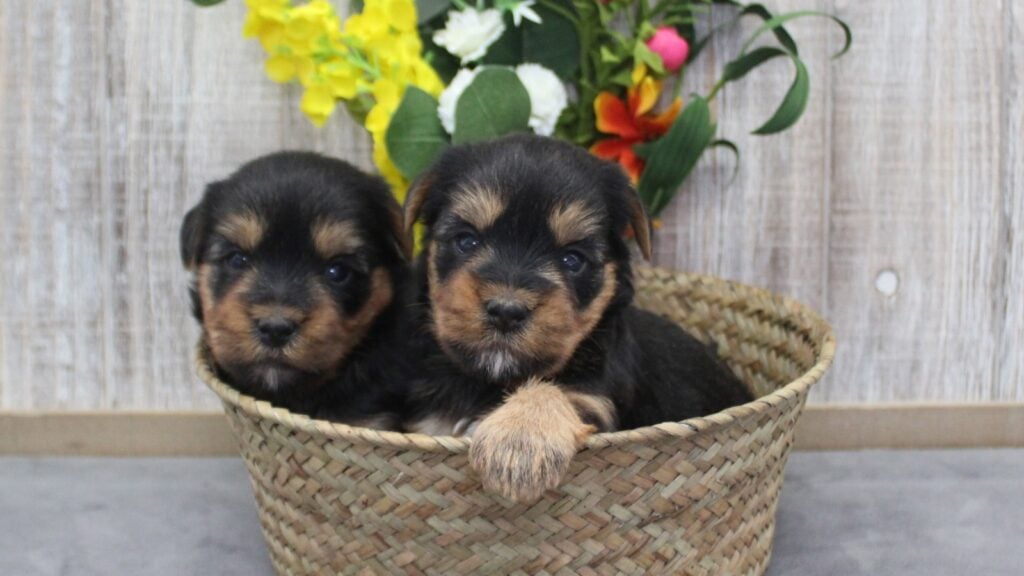Most of us know the pain of losing a pet. So the idea of creating another identical version of them before they leave us sounds incredibly appealing.
Well, one company has stepped up to provide such a service:
Introducing Texan company ViaGen Pets — a world leader in animal cloning that has been developing cloning and reproductive technology for more than 15 years, The Mirror reports.
Cloning process
ViaGen Pets creates an “identical twin of the donor pet” by using a tissue sample from the original animal. The sample, taken during a biopsy, is then used to create new cell cultures with the same genetic makeup.
The sample is then frozen until the owner gives the green light to begin the process.
Next, specialists fuse the nucleus of a donor egg with the frozen cells to produce an embryo and put it in a surrogate animal.
Criticism from welfare advocates
So far, this sounds pretty good if you can muster up the cash — it would cost up to £40,000 to clone your dog and £25,000 for a cat.
But cloning technologies have been heavily criticized by animal welfare organizations such as the RSPCA. The organization states that cloning is a “serious concern” and highlights that your pet would have to suffer through painful and distressing scientific procedures to get cloned.
Furthermore, the animal created will never be a true copy of your original pet.
An RSPCA statement reads:
“Cloning techniques are used to try to produce exact ‘copies’ of a particular animal.
“The use of cloning technology is often justified by statements that the research could lead to cheaper methods of producing medical treatments and food products.
“Cloning never creates a true copy of the original animal. All animals are individuals, with their own personalities.”
Cloned animals prone to disease
A growing number of scientific studies show that cloned animals are more prone to disease and that a large number of clones are not born fit and healthy.
A 2018 report by Columbia University in New York says that the average success rate is just 20 percent. This means that you would need numerous surrogate mums to allow for multiple attempts.
Penny Hawkins, an animal welfare expert at the Royal Society for the Prevention of Cruelty to Animals, says it can be painful and distressing for the female animals that have their eggs removed for donation, and for those that are prepared for surrogate pregnancy.
Dr. Hawkins says:
“We would recommend anyone looking for a new pet to become part of their family to adopt one of the thousands of animals in rescue centers looking for their forever home.”
Why not rescue instead?
Elisa Allen, director of the animal rights group People for the Ethical Treatment of Animals (PETA), wants people to consider getting a rescue dog instead of a clone.
“Animals’ personalities, quirks, and very essence simply cannot be replicated,” she says. “And when you consider that millions of wonderful, adoptable dogs and cats are languishing in animal shelters every year or dying in terrifying ways after being abandoned, you realize that cloning adds to the homeless-animal overpopulation crisis.
“PETA encourages anyone looking to bring another animal companion into their life to adopt from their local shelter instead of fuelling cloning, a cruel moneymaking fad.”






